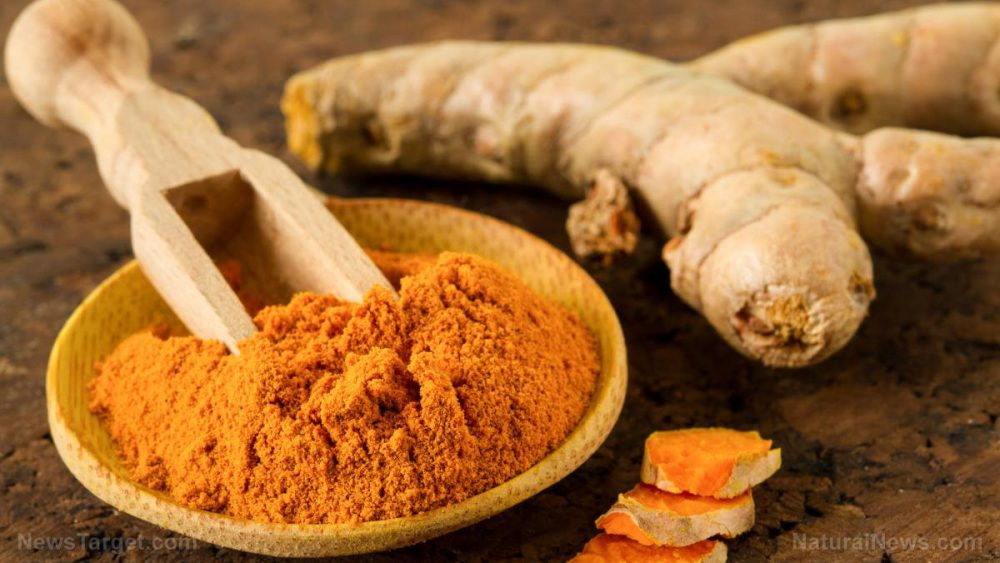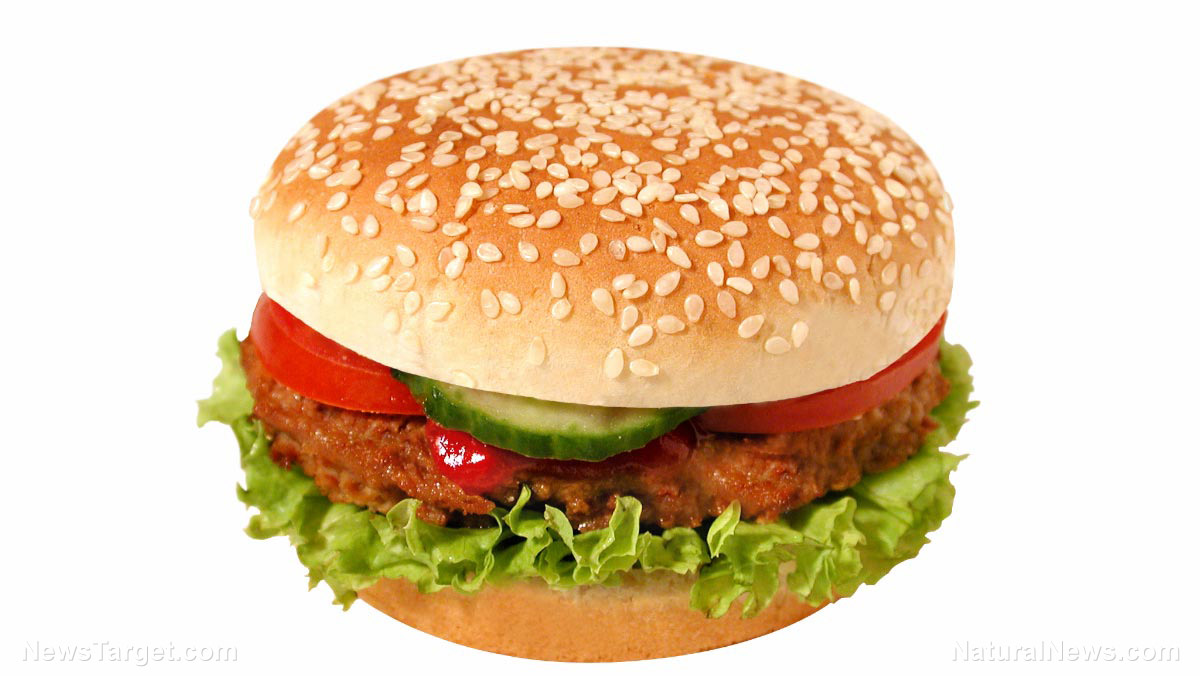
Advertisement
Researchers have discovered that curcumin can be an effective biomaterial in healing cutaneous wounds. The study, which was published in the journal Stem Cell Research and Therapy explored a specific bone marrow-derived mesenchymal stem cell (BMSC) sheet, in particular, its effects on the immune response on wound regeneration.
- Repairing wounded skin is hampered by an imbalanced immune response.
- This can lead to cases where repaired tissues are nonfunctional, and in some cases, can develop into fibrosis (the thickening and scarring of connective tissue). There have been various treatments for cutaneous wounds, but one that utilizes the immune system via a biomaterial is a strategy that should be explored.
- In the study, researchers induced a wound on a BMSC sheet and exposed it to Traditional Chinese Medicine curcumin. They then studied its immunomodulatory effects on healing wounds. This was compared with sheets that were wounded without curcumin and a saline solution for control.
- The results indicated that BMSC sheets that were treated with curcumin had resulted in a favorable immune microenvironment. In addition, the curcumin BMSC sheets displayed epidermal thickness and collagen deposition the closely resembled normal skin.
Researchers concluded that curcumin exhibited a positive outcome in the BMSC healing process, as well as an immune microenvironment that promotes regeneration for cutaneous wounds.
Find the complete study at this link. Explore more coverage of curcumin and turmeric at Turmeric.news.
Journal Reference:
Yang Z, He C, He J, Chu J, Liu H, Deng X. CURCUMIN-MEDIATED BONE MARROW MESENCHYMAL STEM CELL SHEETS CREATE A FAVORABLE IMMUNE MICROENVIRONMENT FOR ADULT FULL-THICKNESS CUTANEOUS WOUND HEALING. Stem Cell Research & Therapy. 2018;9(1). DOI: dx.doi.org/10.1186/s13287-018-0768-6
Advertisements







